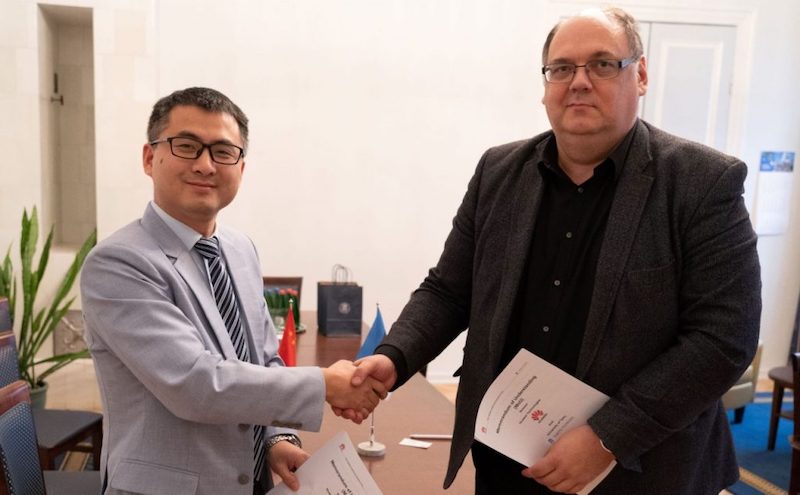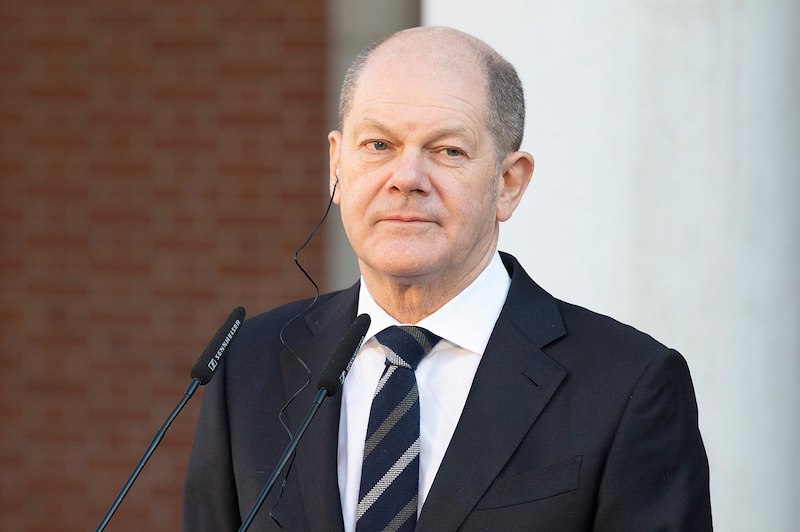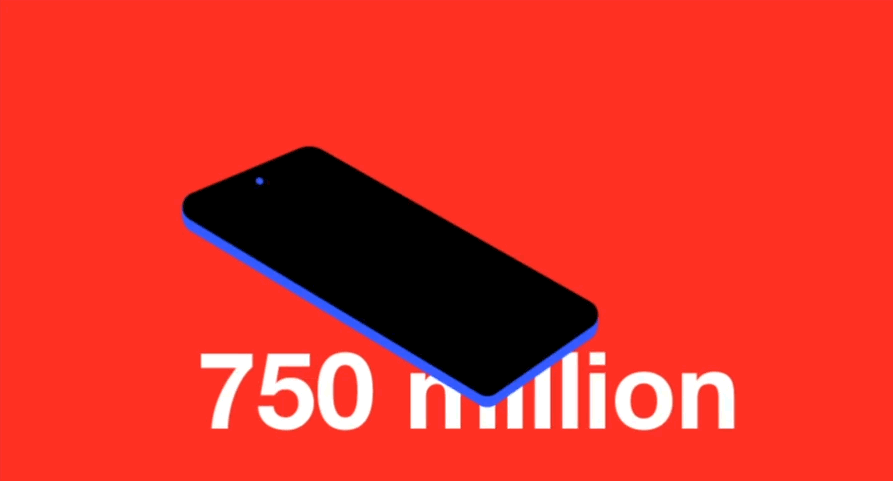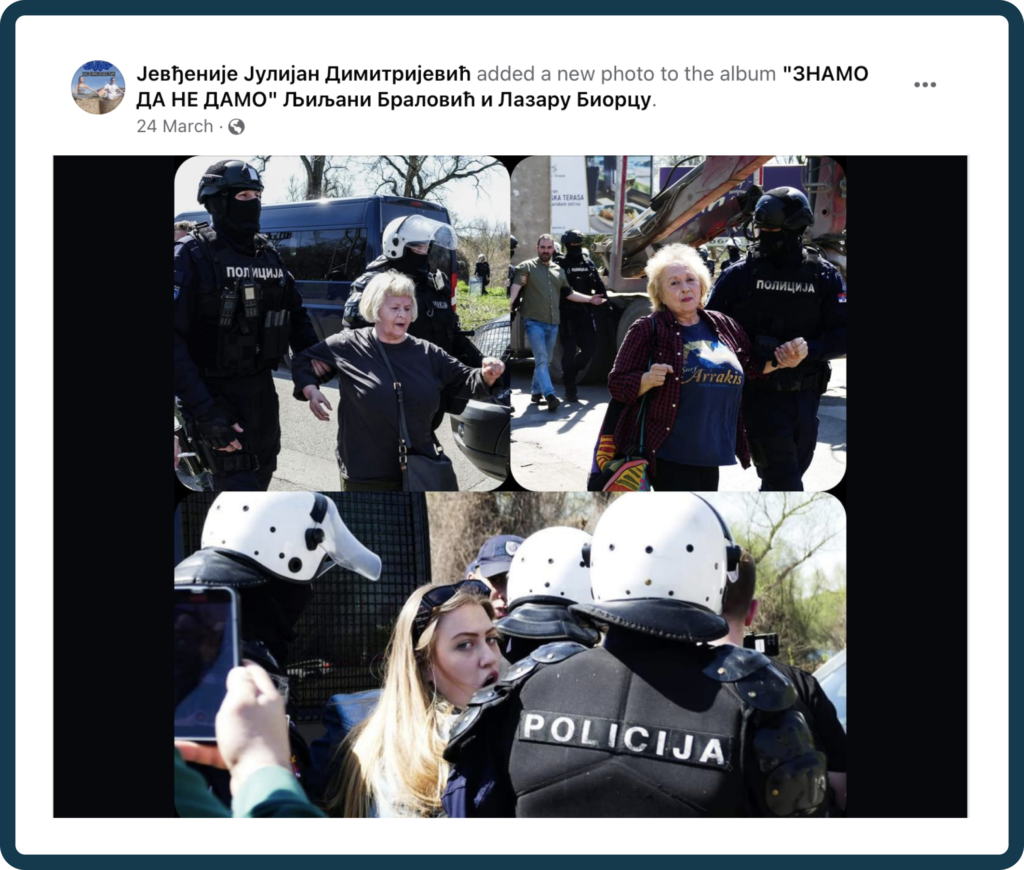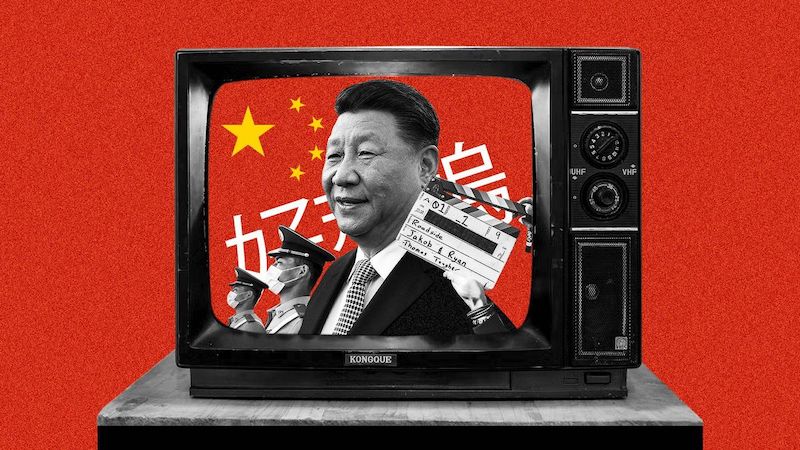In 2019, I was a journalism student writing for the magazine at the University of Tartu, Estonia, when I became the victim of censorship.
That November, my head of university communications emailed me with news that the university had signed a Memorandum of Understanding with the Chinese tech-giant Huawei. The deal included a student exchange programme and the chance of research funding. The university marketed the arrangement as a success story, but I suggested to the editor-in-chief to write a story about the risks involved. She agreed.
The story was supposed to go live in February 2020, but the University’s head of communications told me it could not be published. I didn’t understand who made the decision, except it came from “somewhere higher up”. The University’s explanations were rather vague.
The University’s head of development argued it would be acceptable to publish the article in a national newspaper, but not in the university’s own press. In his opinion, this was not the right place for criticism.
To me this was incomprehensible. In my view, a debate would have shown the maturity of our university. I was disappointed in my place of study because it was ignoring democratic values. An open discussion would have given a chance to consider all the pros and cons before rushing into a collaboration that could possibly backfire.
We can assume that the university feared Huawei would renege on the agreement because of the article. But the ban showed our cowardice – we were willing to retreat from freedom of speech and of the press. For me this was a dangerous precedent – the university showed that it was prepared to be muzzled just not to lose funding.
My experience was particularly ironic. I was writing my thesis on self-censorship in journalism at the same time, and, as a journalist myself, found myself as a case study. After a newspaper ran a story about the situation and public pressure grew, the university published the censored piece online.


